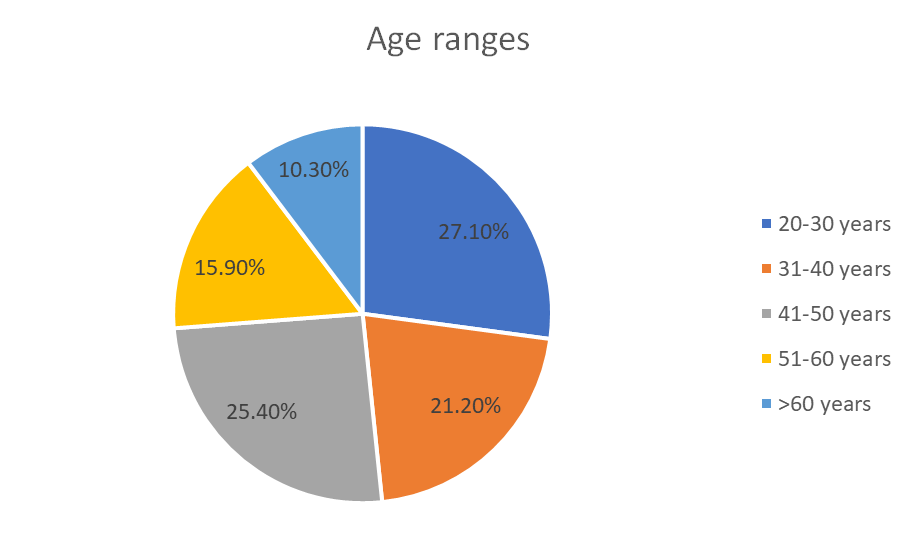 VOLUME 29, ISSUE 2 • JUNE 2025. Full issue »
VOLUME 29, ISSUE 2 • JUNE 2025. Full issue »

The ongoing war in Ukraine has profoundly impacted the Ukrainian Neurological Society. Hundreds of neurologists continue to work in hospitals across Ukraine under martial law and at high risk to their own lives, providing quality medical care to patients with neurological disorders. A large number of colleagues now have limited access to scientific updates, training, exchange of ideas, and international opportunities.
Dystonia in Ukraine
Dystonia is a rare movement disorder with an overall prevalence 15-30/100,000 population. Despite growing knowledge about phenomenology, genetics, and underlying mechanisms, challenges in diagnosis remain throughout the world. In Ukraine, a significant number of patients are misdiagnosed with conditions such as cerebral palsy and therefore do not receive appropriate treatment.
Dystonia Ukraine Lecture Series: Raising Awareness and Understanding
The Dystonia Ukraine Lecture Series was an initiative to increase awareness and understanding of dystonia. This virtual lectures series brought together Movement Disorders experts from Ukraine and European countries — neurologists, geneticists, neurosurgeons, and physical and occupational therapists — to discuss the latest advancements in diagnosis, treatment, and care for patients with different types of dystonia.
Objectives of the Lecture Series
Each lecture provided attendees with a deeper understanding of the dystonic disorder, its symptoms, underlying mechanisms, and available treatment options that could improve patient outcomes. Attendees could connect with MDS support groups, learn about resources available in Ukraine and find help through shared experiences and international cooperation.
Format of the Events
The Dystonia Ukraine Lecture Series was supported by the International Parkinson and Movement Disorders Society’s Developing World Education Program (DWEP), which provides financial support and expert faculty for local educational activities and meetings. The specialized experts in dystonia presented their knowledge through lectures, discussions, and Q&A sessions.
Course program: |
How do you diagnose dystonia?Miryam Carecchio, Padova, Italy Hereditary Dystonia SyndromesProf. Matej Škorvánek, Kosice, Slovak Republic Pathophysiology of Dystonia: Including the role of genesMichael Zech, MD, Ph.D., Munich, Germany Medical Management of DystoniaProf. Francesca Morgante, London, United Kingdom Surgical Management of Dystonia with focus on Deep Brain StimulationProf. Robert Jech, Prague, Czech Republic |
All 5 webinars were recorded and are now available for free viewing:
Impact on the Community
The Dystonia Ukraine Lecture Series has made a significant impact in its relatively short existence. Evaluations have shown a high level of understanding and greater confidence in managing dystonia.
More than 570 attendees were registered for each online streaming session. Webinars were recorded and also sent to the Ukrainian Neurological Society Group, so the full number of views may be much higher (700-1200 per webinar). There was a wide range in the ages of the participants (pic. 1).

Pic.1 Age ranges of participants.
Conclusion
After the Dystonia Ukraine Lecture Series, we are looking to expand its reach by incorporating online platforms and hybrid events, allowing neurologists from all over Ukraine to engage with the content.
Course Directors: |
|
Eugenia Tsoma, MD, PhD (Movement Disorders specialist, Uzhhorod, Ukraine) Yuriy Chomolyak MD, PhD (Neurosurgeon, Uzhhorod, Ukraine) |
MDS Rare Movement Disorders Study Group co-organizers: |
|
Dr. Harini Sarva Dr. Federico Rodriguez-Porcel |
Read more Moving Along:






